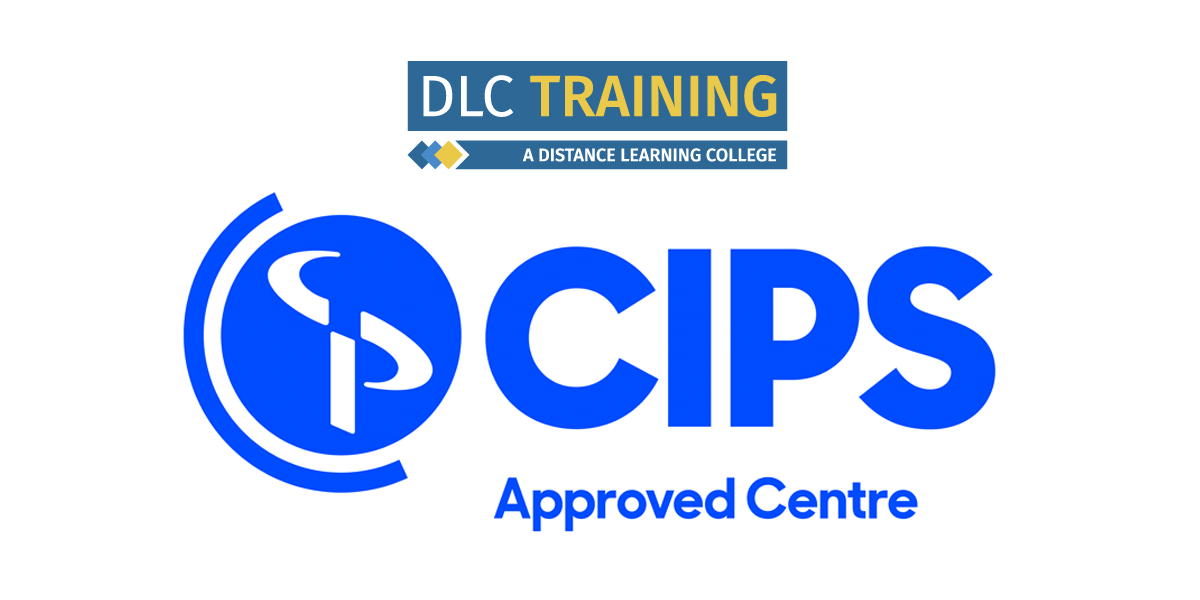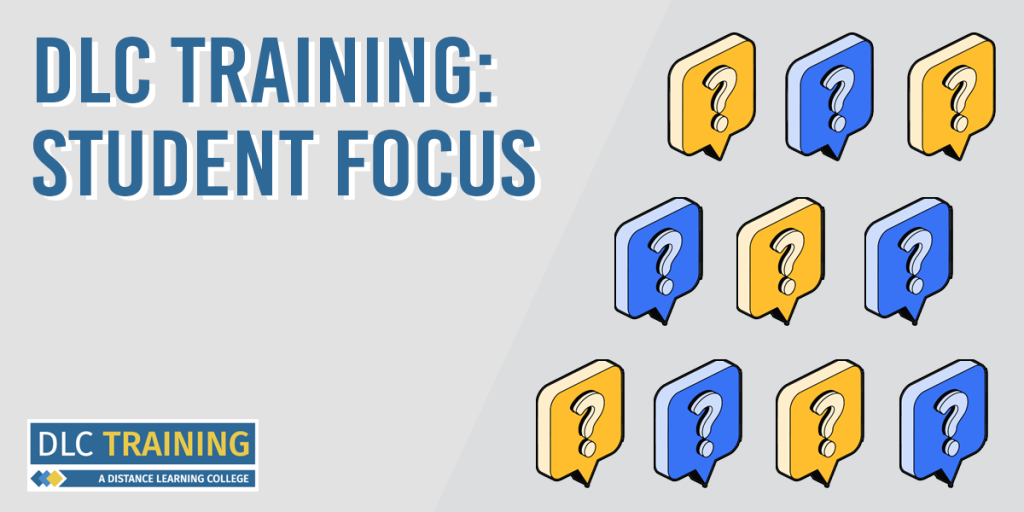Established in 1932 and formerly known as the Purchasing Officers Association, the Chartered Institute of Procurement and Supply (CIPS) is the professional body for the procurement and supply industry. In 1992, CIPS was awarded a Royal Charter, making it the leading authority and professional standard for the practice of procurement.

As a non-profit organisation, the aim of CIPS is to provide their network, education, and expertise to procurement professionals to improve the efficiency and sustainably of their organisations.
There are 3 key reasons why CIPS qualifications are essential for a career in procurement:
- CIPS is the central reference for industry best practice
- CIPS qualifications cover all essential topics
- Employers request CIPS
CIPS is the central reference for industry best practice
As CIPS is the go-to institute for best practice and code of conduct within the procurement industry, all qualifications offered by CIPS hold the same standard. You can expect to learn about key procurement processes and regulations, and how best to implement them within your organisation.
This is an industry-standard qualification, which means it will be more highly regarded by employers than any other procurement-related qualification.
CIPS qualifications cover all key topics
CIPS qualifications comprise units covering key topics within each level, students can study at a level that will be in line with their experience.
Level 2 – an introductory level, suitable for people looking to move into the industry for the first time or for business leaders/entrepreneurs who need to understand how the procurement function works. At this level, you can expect to gain an understanding of processes in procurement and be able to interpret and utilise relevant information.
Level 3 – an intermediate level, suitable for people with some experience in roles such as procurement administrator, officer, or assistant buyer. At this level, you would be able to apply theory to your working practice to complete tasks effectively and address problems.
Level 4 – an advanced level, suitable for people with extensive experience in roles such as buying, contract management, or those supervising/managing the procurement function wanting to work towards MCIPS. At this level, you would gain a deeper understanding of different perspectives and approaches to key procedures within the procurement function.
Level 5 – this level is suitable for those working within a management-level position. Level 4 is required before being able to progress onto this level.
Level 6 – the highest qualification available to complete, suitable for those working in senior management positions within the procurement function. Levels 4 and 5 are required before being able to progress onto this level. When this level has been achieved, you can then apply for MCIPS status.
All employers ask for CIPS qualifications
According to CIPS/Hays Procurement Salary Guide and Insights, 60% of UK recruiters request MCIPS, or for candidates applying for procurement positions to be working towards this. Although this is not a requirement, employers do prefer to see this on your CV and are more likely to shortlist you to the interview stage when you state this. Gaining a CIPS qualification is therefore likely to put you in a much better position when applying for job roles.
We spoke with Hayley Bradford, who has worked within procurement for the past 10 years and has successfully worked her way up the procurement ladder thanks to gaining the necessary qualifications. To read her story, click HERE.
Talk to DLC Trainings expert advisors to find out more about how CIPS could be beneficial for you. Call 0800 012 6770 or email info@dlctraining.co.uk. And don’t forget to follow up on Facebook, Twitter, LinkedIn and Instagram to stay up to date with all the latest news and updates.
